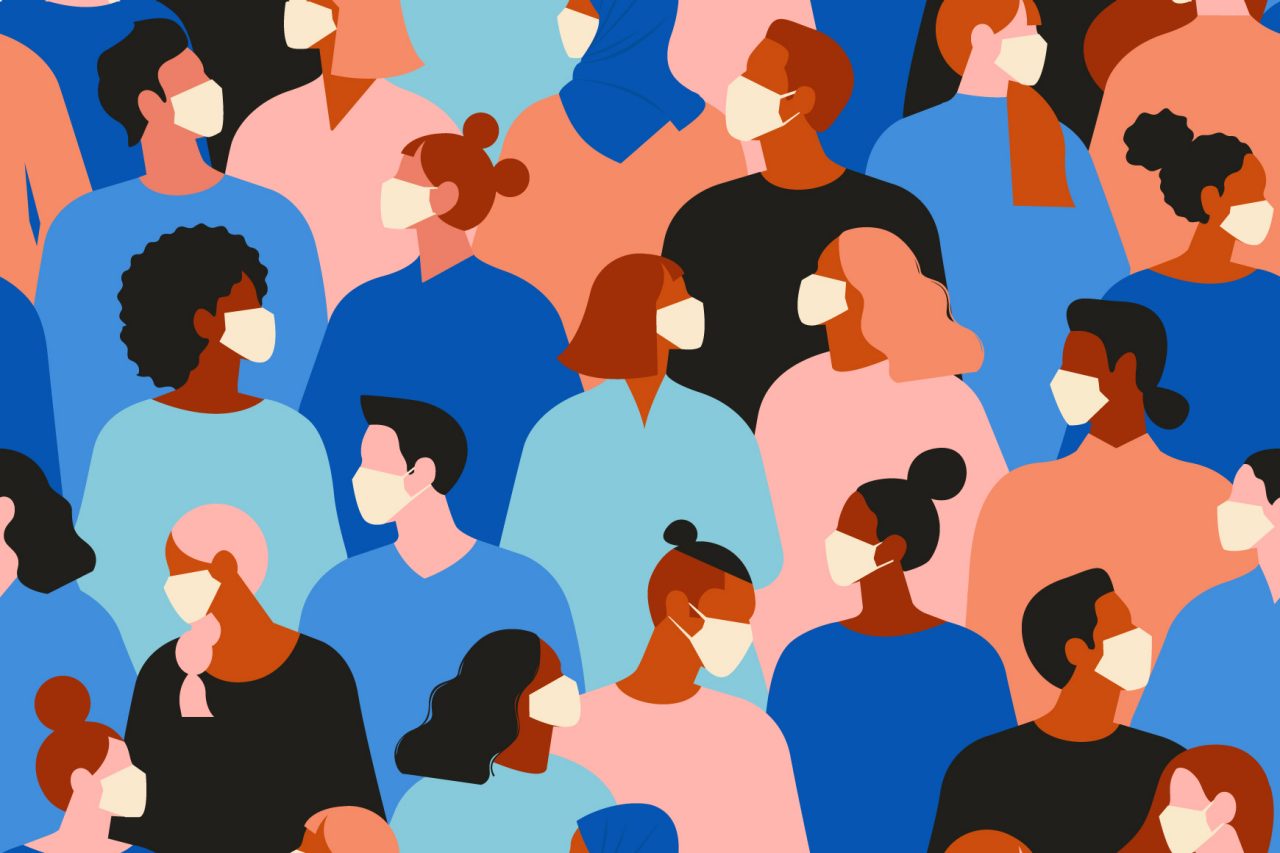Category
Dr. Fauci’s Message Is Clear

Daniel Lefler, MD, Fellow in Hematology and Medical Oncology, PGY-4
Enduring the COVID-19 pandemic’s torrent of new and evolving information, one scientist has served as translator between the public and the medical community: Dr. Anthony Fauci. His straightforward, clear communication style has earned him the faith of the American people and propelled him into the headlines. That clarity has been invaluable in the face of a public health crisis unlike any one seen in 100 years. Still, he’s the kind of man who makes time to address those of us on the front lines, especially when it involves one of his former trainees: Jefferson’s own Dr. John Zurlo, director of Jefferson’s Division of Infectious Disease.
Dr. Fauci was invited to (virtually) address the TJUH Department of Medicine in a Special Grand Rounds on October 14. He first used big data to present the public health implications of the pandemic. There were many powerful messages in his presentation, but most impactful was his spotlight on the racial divide we’ve seen in health outcomes. According to the CDC, Black and Latinx COVID-19 patients are more than 4.5 times as likely to be hospitalized compared with their white peers, and Black patients are more than 2 times as likely to die. This type of health disparity has long troubled our country, but the effects have been felt even more strongly during the COVID-19 crisis—especially in a diverse city like Philadelphia. Dr. Fauci encouraged us to continue supporting our community as we’ve been doing, and to take every opportunity to reverse these inequities.
Dr. Fauci compared the United States’ response to the pandemic with those of other countries, highlighting how public health measures such as mask wearing has affected the toll the novel coronavirus has taken around the world. (I spent a lot of time after his talk on ourworldindata.com, where much of this information is public and laid out in digestible ways.) He concluded by answering questions from trainees and faculty—including Dr. Zurlo—about the virology of SARS-CoV-2 and its clinical implications, setting the stage for a rich discussion about vaccine development and the future of coronavirus research.
His time with us was enlightening, rooted in scientific evidence, and most importantly: clear. If we’re to get through this together, he emphasized that plain, consistent messaging of new information—and public health measures such as mask wearing and social distancing—should be considered a priority. He certainly leads by example. Most of all, I was impressed that someone elevated to a global stage was so energized by his discussion with those of us taking care of patients every day. He was enthusiastic about the thoughtfulness of our questions, considered each one critically, and he reflected back the scientific curiosity we all share.
As we concluded the session, Dr. Fauci thanked us for our service to Philadelphia during this time of need. But, again, his message was clear: our work isn’t done. In order to make a difference, we need to be vigilant of inequities, encourage public health measures such as mask wearing and social distancing, and work towards creative solutions for novel problems. Most importantly, we can all take a note from Dr. Fauci and ensure we’re communicating effectively with our patients and with the population at large.